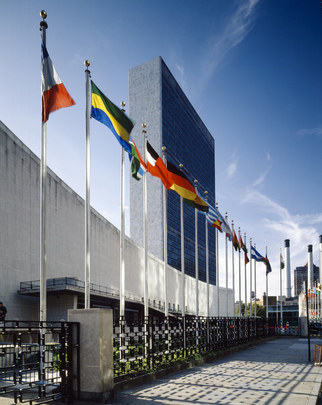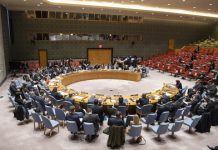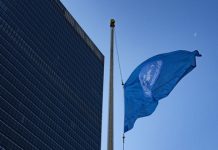Comparing data from 2018 and 2022, UNICEF found that the pandemic worsened existing trends: children are underperforming in school, more likely to be overweight or obese, and generally less satisfied with their lives.
This data sets a “worrying benchmark for children’s wellbeing,” said Bo Viktur Nylund, Director of UNICEF’s research office, Innocenti.
UNICEF ranked the Netherlands and Denmark, followed by France, as the top three places to be a child.
In contrast, Mexico, Türkiye and Chile were ranked the lowest, based on measures of mental well-being, physical health, and skills.
Academic decline
UNICEF warned that many of the world’s wealthiest countries experienced “sharp” declines in children’s academic skills following the pandemic, notably in reading and maths skills.
As school shutdowns forced remote learning, children are now estimated to be from seven to 12 months behind where they should be in academic terms.
These setbacks were more severe for children from disadvantaged families, the report underscores.
Across 43 countries, an estimated eight million 15-year-olds were assessed as not functionally literate and numerate. That means around half of the age group surveyed could not understand a basic text, raising the alarm over long term development.
Mental health
Raising concerns around mental health, UNICEF pointed out that in 14 of 32 countries with available data, children’s life satisfaction deteriorated during the COVID pandemic, while adolescent suicide rates plateaued – reversing a previous downward trend.
The number of children aged five to 19 who were overweight rose with those from lower socioeconomic backgrounds facing worse outcomes in terms of mental and physical health.
Prioritising children
Mr. Nylund, called on countries going forward to adopt a “coherent” and ”holistic” approach that addresses “every stage” of children’s lives.
Notably, UNICEF recommends countries include children in decision-making, promoting youth voices and agency across the board.
The agency warns that hard-won gains in child well-being across wealthy countries are becoming “increasingly vulnerable” and urges governments to focus interventions on disadvantaged groups to ensure more equitable educational outcomes.
Source of original article: United Nations (news.un.org). Photo credit: UN. The content of this article does not necessarily reflect the views or opinion of Global Diaspora News (www.GlobalDiasporaNews.com).
To submit your press release: (https://www.GlobalDiasporaNews.com/pr).
To advertise on Global Diaspora News: (www.GlobalDiasporaNews.com/ads).
Sign up to Global Diaspora News newsletter (https://www.GlobalDiasporaNews.com/newsletter/) to start receiving updates and opportunities directly in your email inbox for free.




























